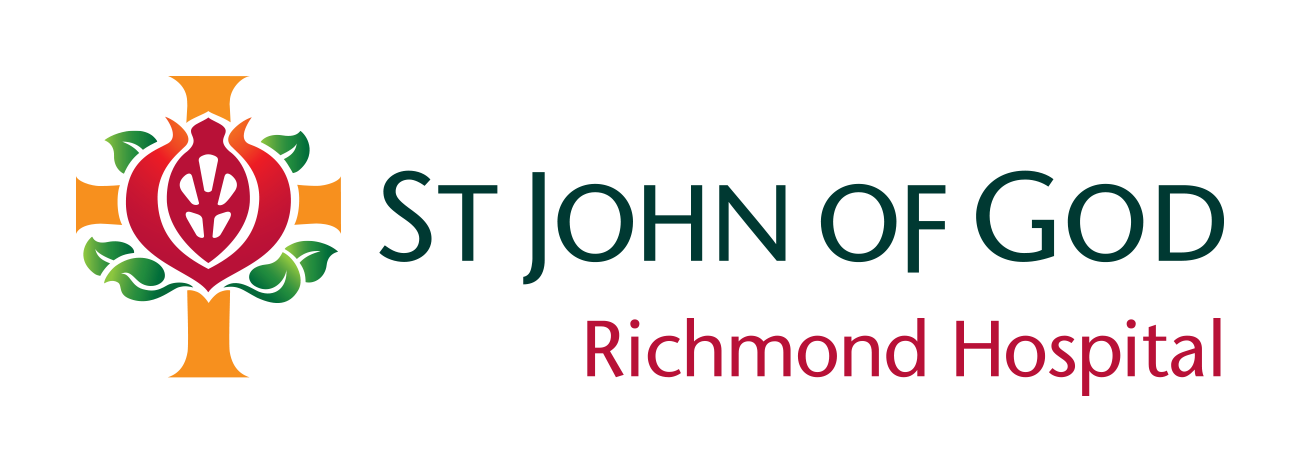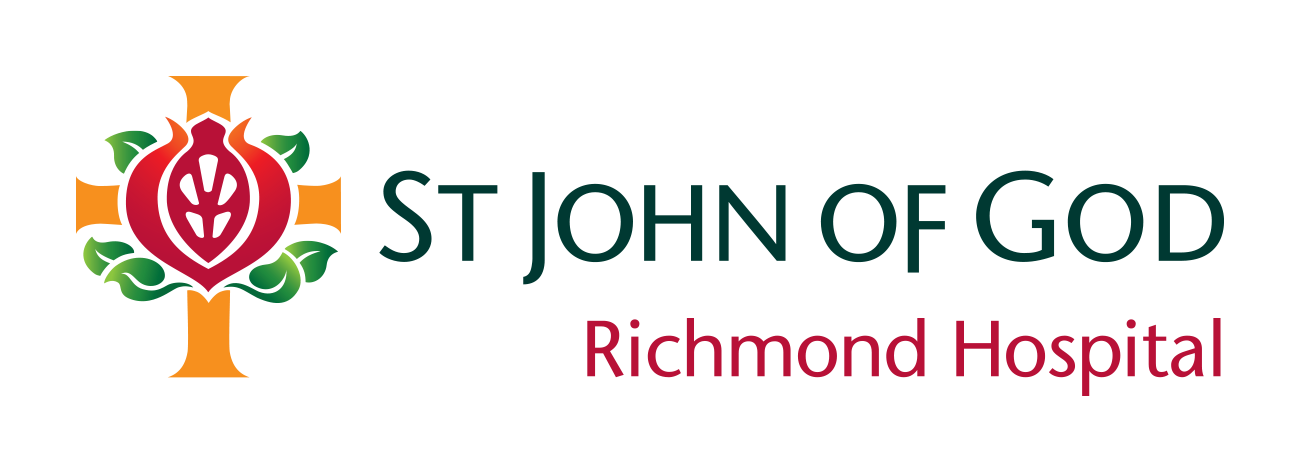Pathways to PTSD
16 Mar 2017
 16 March 2017
16 March 2017
Many GPs quickly recognise the tell-tale signs: heightened physiological arousal, hypervigilance, irritability and anger, exaggerated startle response; all tied to being haunted by the past via disturbing intrusive memories, images and physiological states.
There is a well-established literature about the aetiology and nosology of traumatic injuries and an ever growing neuroscientific understanding of how the natural stress, memory and survival systems can go awry following traumatic events. In this literature, events that threaten one’s life create a sense of helplessness, fear and vulnerability, and overwhelm the brain’s capacity to assimilate this experience (especially when occurring in a peri-traumatic environment that does not support or undermines recovery in some way).
However, for PTSD sufferers and many clinicians who treat them, this way of understanding PTSD does not account for the full range of experiences that can lead to psychological disorder.
There is a fast growing literature highlighting broader mechanisms of traumatic injury causing PTSD. An individual may be exposed to events that involve horrifying scenes, deep betrayal or behaviour that either deliberately or accidentally transgresses one’s sense of what is right. These can create a sense of threat and harm to one’s moral integrity that is every bit as real and visceral as a threat to one’s physical integrity/life. Such experiences trigger reactions of shock, horror, “pollution”, hopelessness and demoralisation and can lead to a different class of traumatic injury often referred to as moral injury. Moral injury can present with many of the same symptoms of PTSD but includes themes of embitterment, anger, injustice, guilt and shame.
There is a third, often overlooked, category of traumatic injury referred to as traumatic loss. When exposed to the sudden, unexpected and sometimes violent death of another person, even a stranger, an individual may present with an unrelenting complicated grief response. This usually involves a sense of personal connection or identification with the deceased person and triggers reactions of responsibility, guilt, helplessness and unbearable sorrow. It is also marked by the person’s inability to accept the loss or resume their normal activities lest they forget or dishonour the deceased.
Undiagnosed PTSD, with its chronic stress and anxiety, can often lead to physical complaints for which an individual may seek medical attention. Being sensitive to the complexity of experiences that can result in traumatic injury and PTSD may help to explain the variety of stress and stressor related presentations seen in general practice.
About the author
Dominic is a senior clinician at St John of God Richmond Hospital. His speciality is working with veterans and first responders in our trauma programs.

